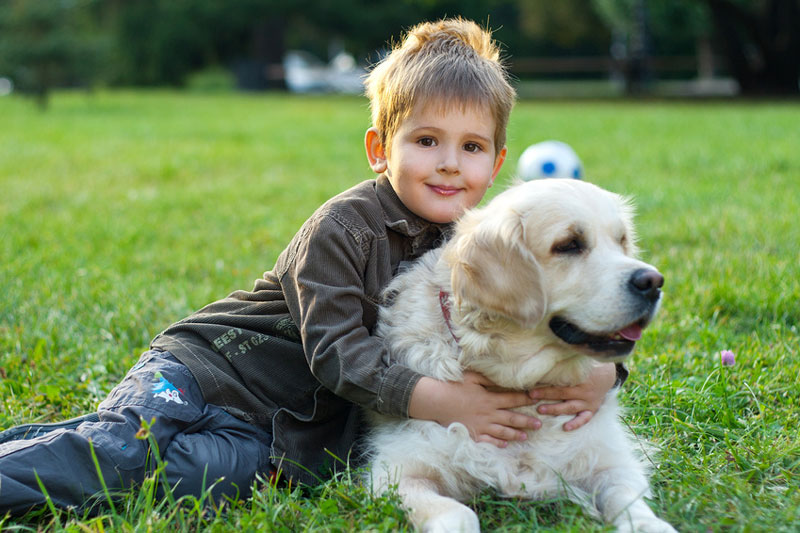
Adoption is a very exciting -- if not very taxing -- experience. Around 135,000 children are adopted in the U.S. each year, one-third of which end up in single-family homes. Before you're able to bring your new family member into this new environment, however, you need to jump through several hoops; in addition to filling out an application and attending training classes, you'll need to undergo a home study. The process concludes with a written report that includes the following information:
- Family background, financial statements, and references
- Education and employment
- Relationships and social life
- Daily life routines
- Parenting experiences
- Details about your home and neighborhood
- Readiness and reasons about your wanting to adopt
- References and background checks
- Approval and recommendation of children your family can best parent
The experience can be lengthy (it may take between three and six months) and feel invasive, but home studies are designed to ensure your household is well-prepared to handle a new member. Let's take a look at some of the ways you can prepare for this major event in the adoption process.
Safety First
First and foremost, your home must be safe for a child to live in. This means checking your state's fire safety regulations, the quality of your windows, ensuring any dangers are protected against (such as proper fencing around pools), and overall child-proofing your home. If you find any issues, you'll want to fix them well before the visit occurs; an estimated $326.1 billion was spent on home improvement and repair in the U.S. in 2015, so you certainly won't be the odd man out if you invest in safer, more child-friendly renovations.
Gather Documentation
The documentation you'll need changes depending on the state you live in, so you'll want to verify the details with your social worker before they come knocking. Generally speaking, you'll want to have certified copies of your birth and marriage certificate, relevant financial information (such as employment verification, proof of life/health insurance, verification of any and all monetary assets, mortgage or rent information, and any debt information), completed inspection reports (physical examinations, criminal background results, public health inspection, fire safety inspection, etc.), and written references.
Have Conversations Now
Home studies go beyond a thorough examination of the home, they involve in-depth interviews with each of the family members. Your social worker wants to get a grasp on the emotional and mental environment as well as the physical space, so start thinking about your answers to the following questions now.
- How do you want to parent your adopted child?
- What kind of relationship would you like to have with your child's birth parents?
- What problems do you foresee as a parent and how do you hope to handle them?
- What about your pasts maybe be difficult to bring up to your social worker? How do you want to address them?
- How can you prepare any current children you have for adoption and the home study?
- Why do you want to adopt?
You've most likely already considered the answer to most of these, but it never hurts to be overprepared.
When a social worker conducts a home study, they're not looking for perfection; they don't care if you own a $1.9 million condo in Manhattan or a two-bedroom home out in the country. They simply want to make sure that the space and family are suitable for such an important undertaking. Do your best to be as prepared as possible, and you won't have to worry about a thing.


























